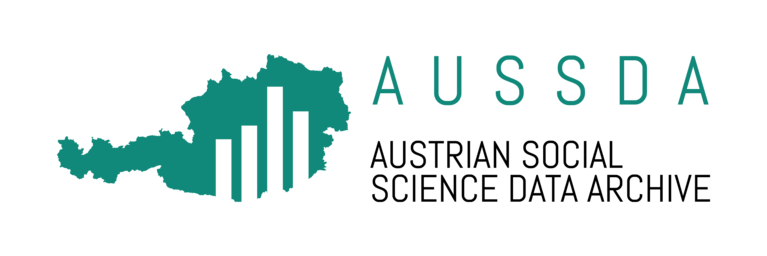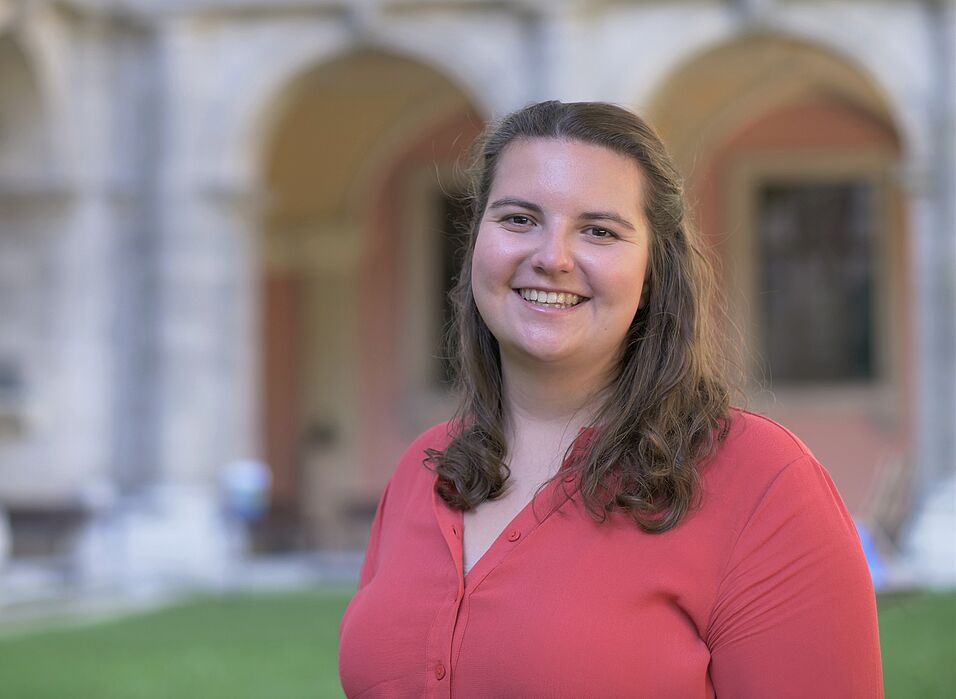What does Open Science mean for your daily work?
Claudia Hackl:
Open access to scientific information occupies me in my everyday professional life, especially in the context of higher education. I work for "Open Education Austria Advanced", a project of several Austrian universities to promote open educational resources, shortly OER. Higher education teaching can thus be shaped jointly and transparently and the transformative power of OERs opens up access to knowledge.
How does society benefit from Open Science?
Claudia Hackl:
Open Science and Open Education open up access to academic knowledge. Therefore, open educational resources are one of the key factors in opening the scientific culture and higher education to everybody. This freely accessible knowledge promotes the exchange of ideas at different levels, or even allows them to emerge in the first place.
Can you give an example from your field?
Claudia Hackl:
Within the project, among other things, our OERhub for open educational resources in national higher education will be further developed, where teachers can exchange their OERs, such as educational videos to name just one type of OER. Therefore, for example, an instructional video of a lecturer can reach a large number of students in different fields of study, and the knowledge imparted can develop its potential beyond lecture halls or even national borders.

